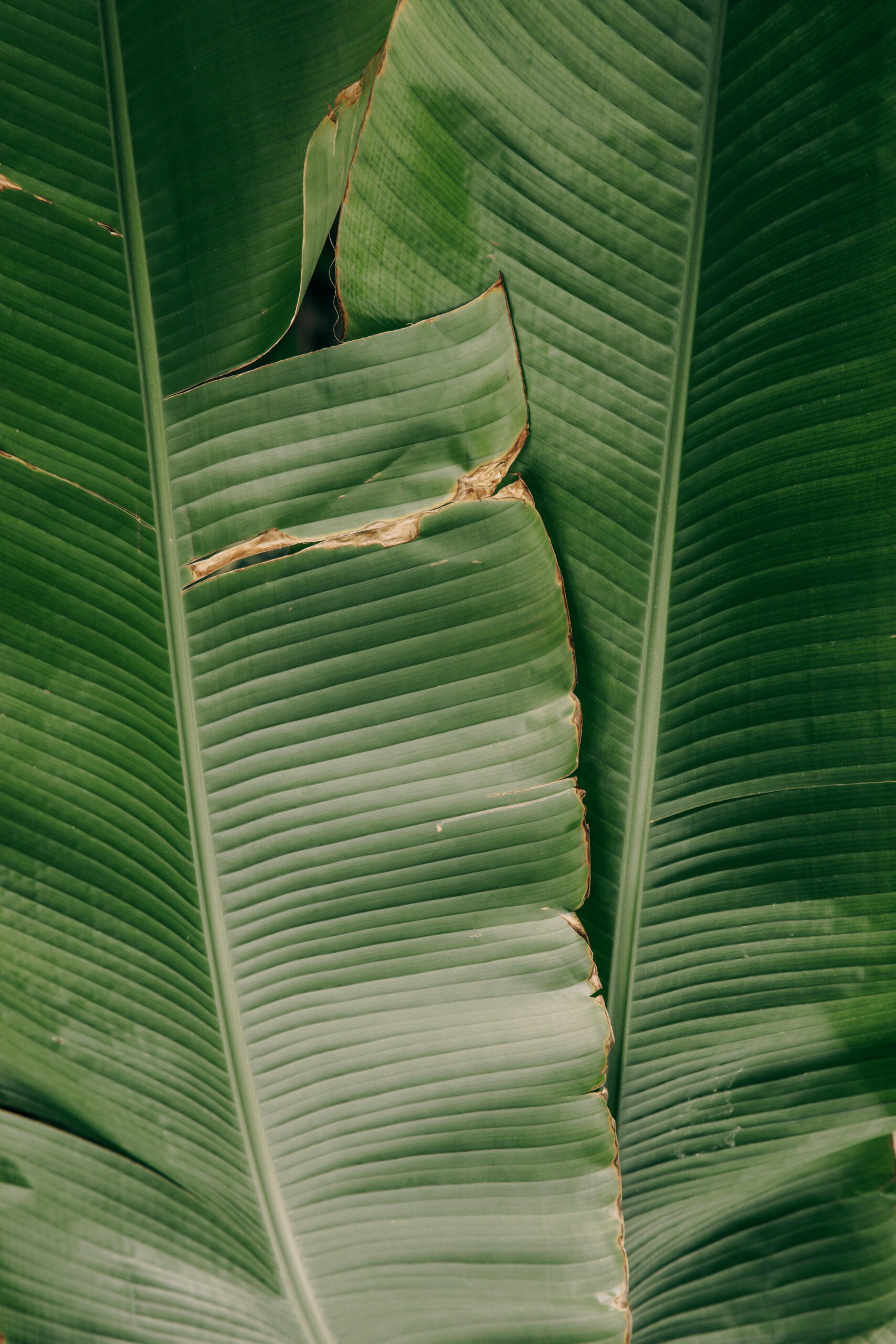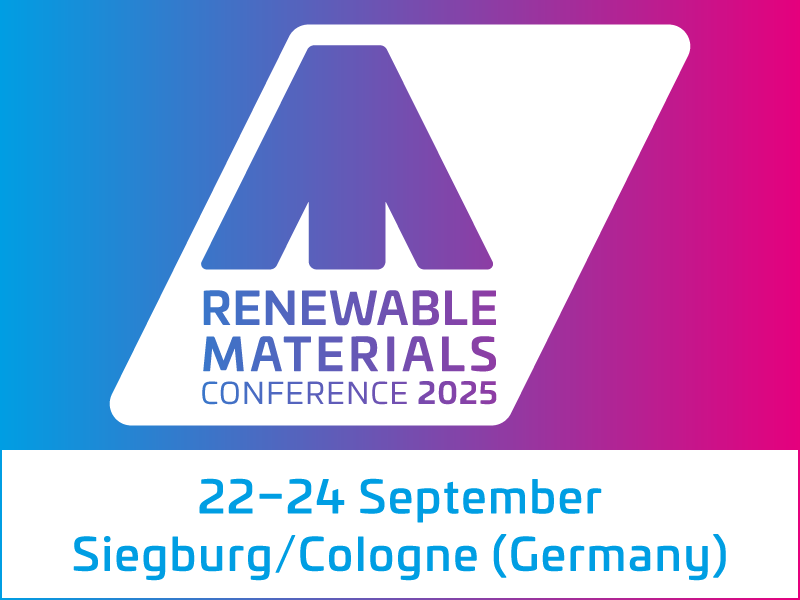A few months ago, the United Nations Environment Programme (UNEP) organized the The Innovation for Sustainable Lifestyles awards, designed to counteract some environmental threats facing Latin America.
It aimed to recognize young entrepreneurs with ideas to reduce pollution, and promote a circular economy, preventing biodiversity loss though affordable concepts. This year’s contest included 76 teams from 12 countries in Latin America and the Caribbean. There were only 3 winners: Banana Pack, Bottleyes, and One Step Cleaner. Let’s dig into these incredible projects.
From Bolivia, Alicia Valda and Kiara Miranda saw the overwhelming mountains of waste slowly invading the country. The founder had the idea to use banana/plantain leaves to wrap food for protection and cooking, just as many indigenous people have done in the region for centuries in the past. Banana Pack replaces cling film, without demanding a behavioral change in customers. “Banana Pack is supplied with raw material from the residue of banana cultivation. Something that used to be considered waste, today is a source of extra income for producers. Banana Pack was inspired in a custom inherited for generations. We can adapt an ancestral knowledge to our “fast food” world to reduce the environmental impact of our decisions,” said Valda.
It’s no secret that the amount of plastic and toxic waste in our oceans is staggering. On the other hand, the World Health Organization published a report in 2019 that found that people in the developing world are suffering an epidemic of vision problems. Bryan Román Aguilar, Pablo Herrera Freire, Bryan Aguilar Alvarado and Isaac Romero from Ecuador teamed up to solve both issues at once, giving plastic bottles a chance to redeem themselves by having a second life as glass frames. Botteleyes frames are made with the plastic obtained from three recycled bottles and can be repaired multiple times. “We encountered children who had fallen behind in their studies because their parents could not afford the average bill of the ophthalmologist, or elderly people who felt obsolete because they didn’t own a pair of glasses. Eco-friendly products have been restricted for niches of high purchasing power. We must think about making these solutions accessible,” said Romero.
When the COVID-19 pandemic had its beginning, we were all cleaning our groceries as soon as we got home and disinfecting every single thing we could come in contact with. That led to a massive surge of sales of disinfectants sold in plastic, disposable bottles. Three university students from Mexico, Elizabeth Romero, Maricruz Avila and Alejandra López Viana, came up with an effervescent pill that, when diluted in water, turns into a biodegradable multipurpose cleaner. The product only uses food-grade ingredients and comes in a biodegradable sack alongside a seed to encourage tree planting. “With each pouch of One Step Cleaner pills, customers avoid the purchase of four traditional bottles of disinfectant. We strongly believe that social and circular entrepreneurship can save the world. New businesses should not only generate money. New businesses must change the world,” states Romero.
Seeing start-ups from all around using biomaterials and innovating within the realm of circular economy certainly gives hope to every generation to keep working in the green side of business.








